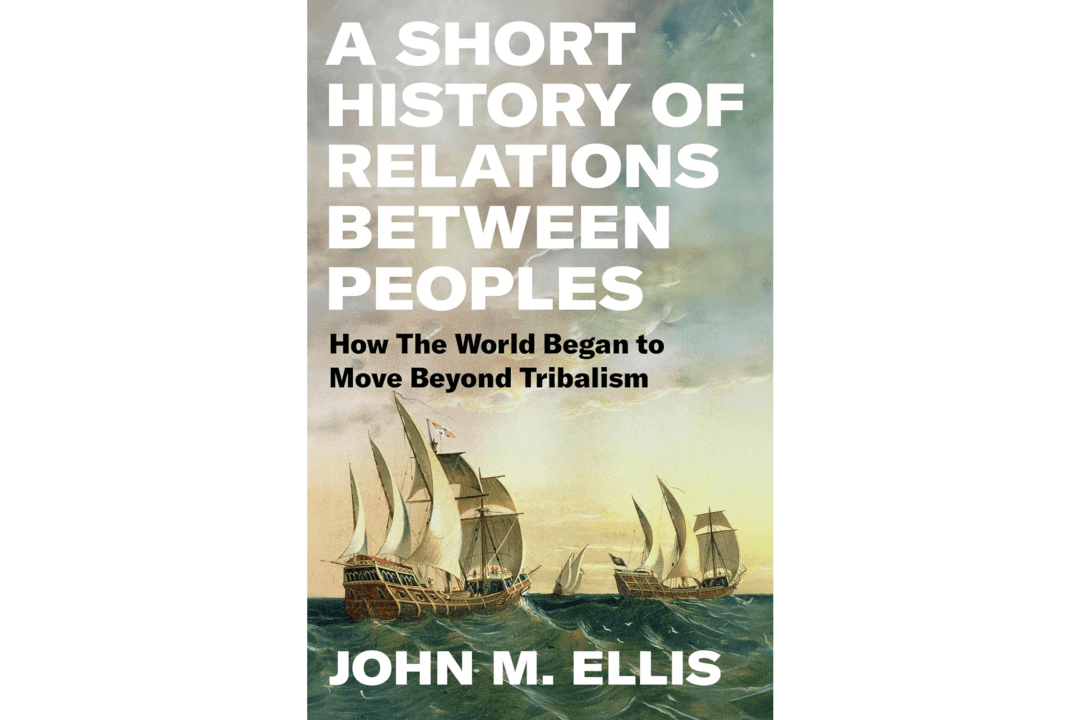Every once in a while, a book appears that rattles the bars of our cultural cage.
Carefully constructed by cultural gurus and academics, this cage is intended for the rest of us as a place of safety from bad ideas, meaning ideas other than their own. Race, gender, sex, what it means to be a man and a woman, the place of a deity vis-à-vis the place of government in commanding our attention and our loyalties, free speech, democracy: The current list of terms and behavior requiring a stamp of approval goes on and on.






